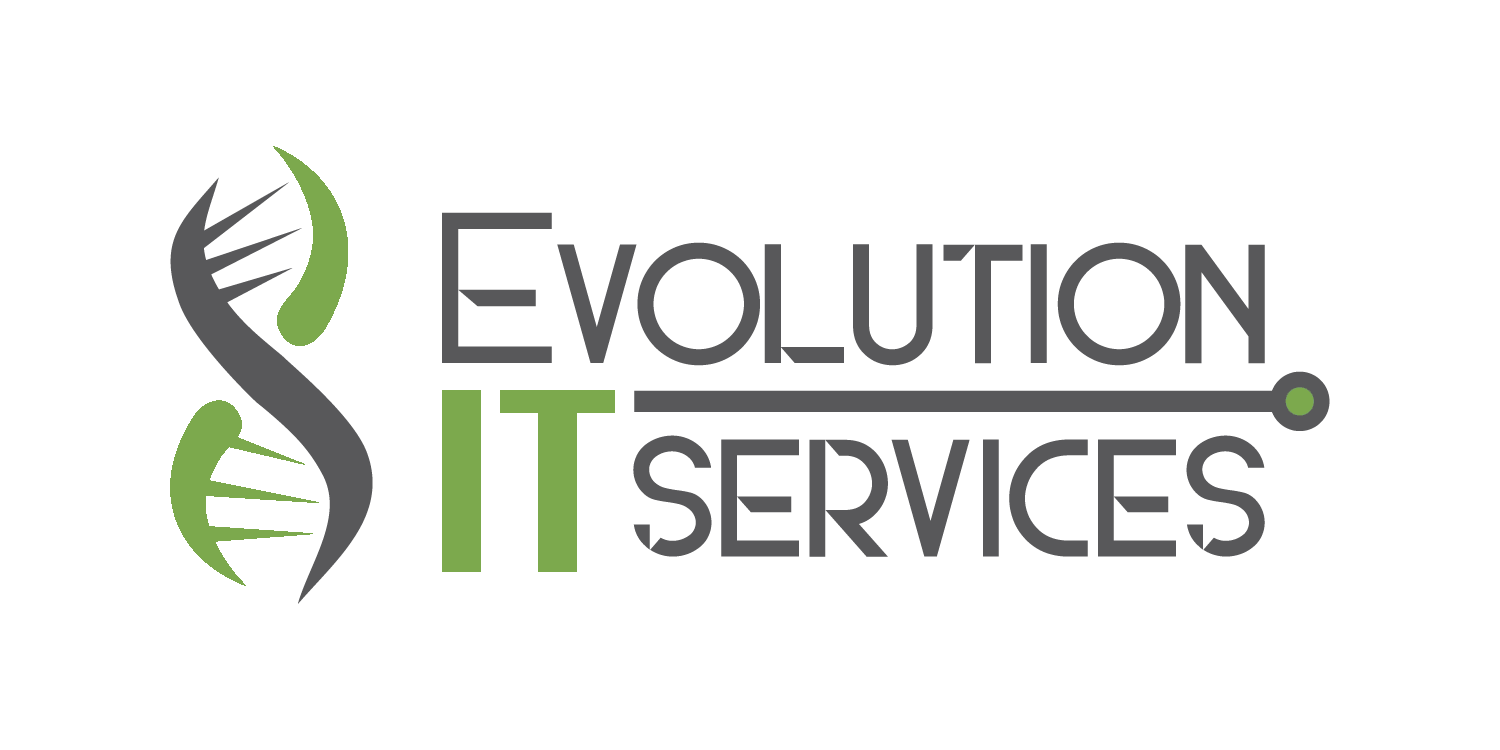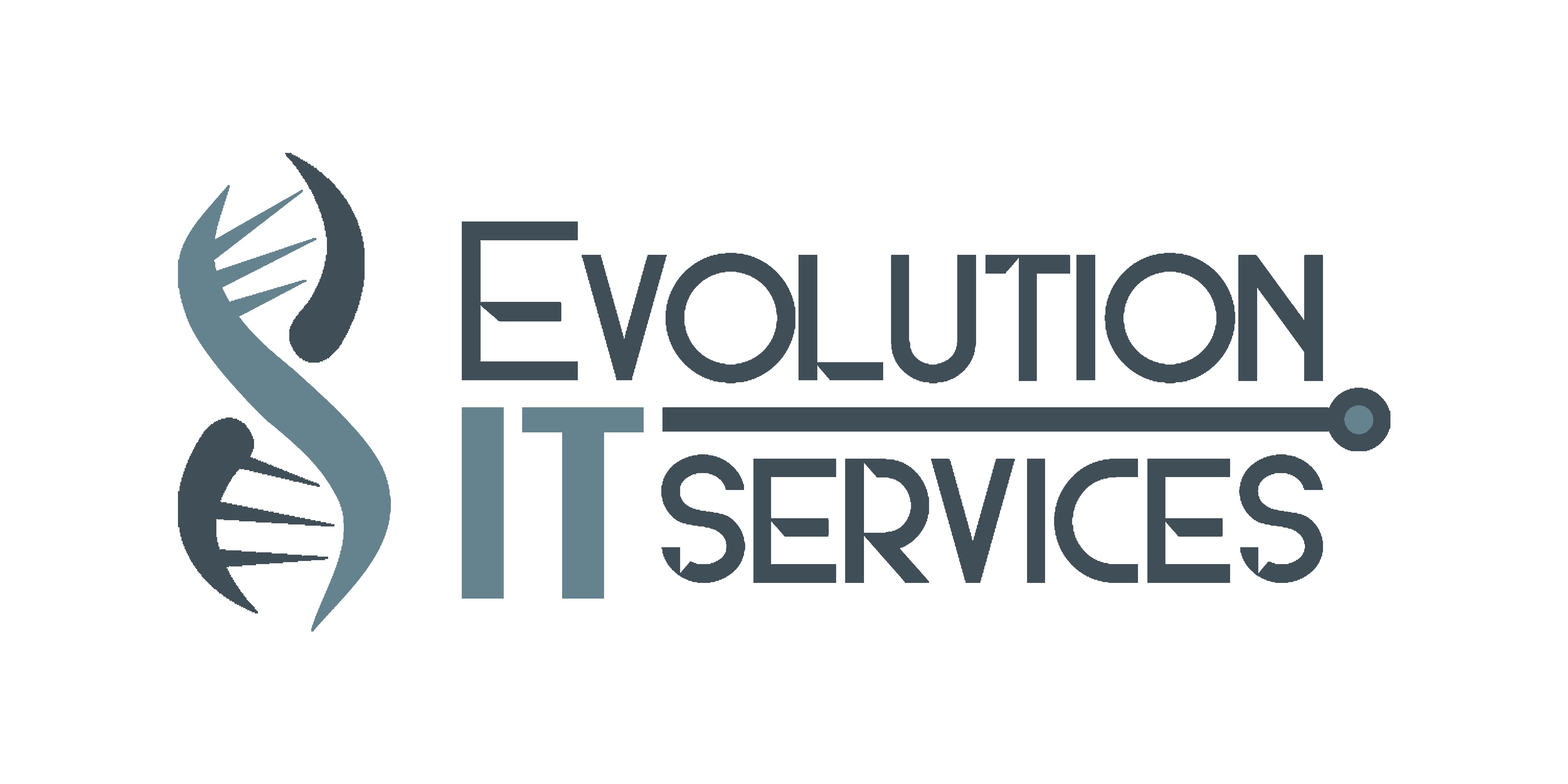
Cloud Services for Businesses
As businesses embrace digital transformation, the demand for agile and scalable technology solutions has skyrocketed. One of the most revolutionary developments that have reshaped the landscape of modern business operations is the advent of Cloud Services. The cloud has become an indispensable ally, offering many services that cater to the diverse needs of organizations across the globe. The cloud has become an essential tool for maintaining a competitive edge from startups to multinational corporations. This article will explore five types of Cloud Services that have proven instrumental in propelling businesses toward success.
What are cloud services? How do they work?
Cloud services encompass a range of on-demand computing resources and solutions offered by third-party providers over the Internet. This transformative technology allows businesses to access a wide array of services, including computing power, storage, databases, software, and more, without needing physical infrastructure investments. End-user spending on public cloud services is expected to reach nearly $600 billion in 2023
Cloud services function through a network of remote servers hosted in data centers across the globe. Businesses subscribe to these services based on their specific requirements and only pay for the resources they consume, operating under a pay-as-you-go model. This scalability and flexibility enable companies to adapt swiftly to changing demands, optimizing costs while ensuring optimal performance.
With data securely stored and managed in the cloud, businesses can access their information from any internet-enabled device, promoting collaboration and enabling remote work capabilities. Additionally, cloud services relieve organizations of burdensome IT maintenance, freeing up valuable resources to focus on core competencies and driving innovation.
Infrastructure as a Service (IaaS)
Infrastructure as a Service (IaaS) is a foundational pillar of Cloud Services for businesses. IaaS provides companies with virtualized computing resources over the Internet. This means businesses no longer need to invest in expensive physical hardware, as they can access virtual machines, storage, and networking infrastructure in the cloud. By adopting IaaS, businesses can scale their computing resources up or down as needed, allowing for cost optimization and improved operational flexibility.
The key benefits of IaaS include:
a) Cost Efficiency: Businesses can avoid large upfront investments in hardware and instead opt for a pay-as-you-go model, where they only pay for the resources they use.
b) Scalability: IaaS enables businesses to scale their computing resources effortlessly, accommodating changing demands as the organization grows.
c) Reliability: Cloud service providers offer robust infrastructure with redundancy and backup solutions, ensuring high availability and data integrity.
Software as a Service (SaaS)
Software as a Service (SaaS) has revolutionized the way businesses access and utilize software applications. Instead of purchasing and installing software on individual devices, SaaS allows users to access applications directly through the internet on a subscription basis. This eliminates the need for manual updates and maintenance, as cloud service providers handle all software upgrades and security patches.
Key advantages of SaaS for businesses:
a) Accessibility: Users can access SaaS applications from any internet-connected device, fostering collaboration and remote work capabilities.
b) Cost-Effectiveness: With SaaS, businesses pay only for the licenses they need, reducing the overall software expenditure.
c) Automatic Updates: Cloud providers continuously update and enhance the software, ensuring that businesses can always access the latest features and improvements.
Platform as a Service (PaaS)
Platform as a Service (PaaS) offers a comprehensive solution for businesses focused on developing and deploying applications. PaaS provides a development and deployment environment in the cloud, enabling developers to create, test, and launch applications without having to manage the underlying infrastructure.
Key advantages of PaaS for businesses:
a) Faster Time-to-Market: PaaS accelerates the development process, allowing businesses to deploy applications quicker and gain a competitive advantage.
b) Cost-Efficient Development: PaaS eliminates the need for maintaining and managing complex development environments, reducing operational costs.
c) Scalability and Flexibility: Businesses can easily scale their applications based on user demand without worrying about hardware constraints.
Storage as a Service (STaaS)
In the digital age, data is an invaluable asset for businesses. Storage as a Service (STaaS) offers a secure and scalable cloud-based storage solution for businesses to store and manage their data. STaaS eliminates the need for physical storage hardware and provides seamless access to data from anywhere, anytime.
Key advantages of STaaS for businesses:
a) Data Redundancy and Backups: STaaS providers ensure data redundancy and backups, safeguarding against data loss and enhancing data resilience.
b) Cost-Efficient Storage: Businesses can optimize storage costs by paying only for the storage they use, avoiding unnecessary expenditures on unused capacity.
c) Global Accessibility: STaaS enables easy access to data across multiple locations, enhancing collaboration among teams regardless of their physical location.
Function as a Service (FaaS)
Function as a Service (FaaS), commonly known as serverless computing, revolutionizes how businesses execute code and run applications. In a serverless environment, businesses can focus solely on writing and deploying code in response to specific events without the need to manage server infrastructure.
Key advantages of FaaS for businesses:
a) Cost Optimization: FaaS allows businesses to pay only for the execution time of their code, leading to significant cost savings compared to traditional server-based models.
b) Enhanced Scalability: FaaS automatically scales the resources based on demand, ensuring optimal performance even during spikes in traffic.
c) Focus on Core Competencies: Businesses can concentrate on developing and refining their applications without worrying about infrastructure management.
Conclusion
Cloud Services have revolutionized the way businesses operate, offering a plethora of solutions to meet diverse organizational needs. At the core of its significance lies the ability to securely store vast volumes of data without the burden of physical infrastructure costs. This affords businesses the freedom to scale their storage needs dynamically, all while mitigating the risks associated with data loss through automatic backups and redundancy. Furthermore, cloud storage fosters seamless accessibility to data, bolstering collaboration and facilitating remote work—a crucial aspect in today’s interconnected world. By relieving the burden of IT maintenance, cloud storage empowers businesses to concentrate on their core competencies, driving innovation and sustainable growth.



